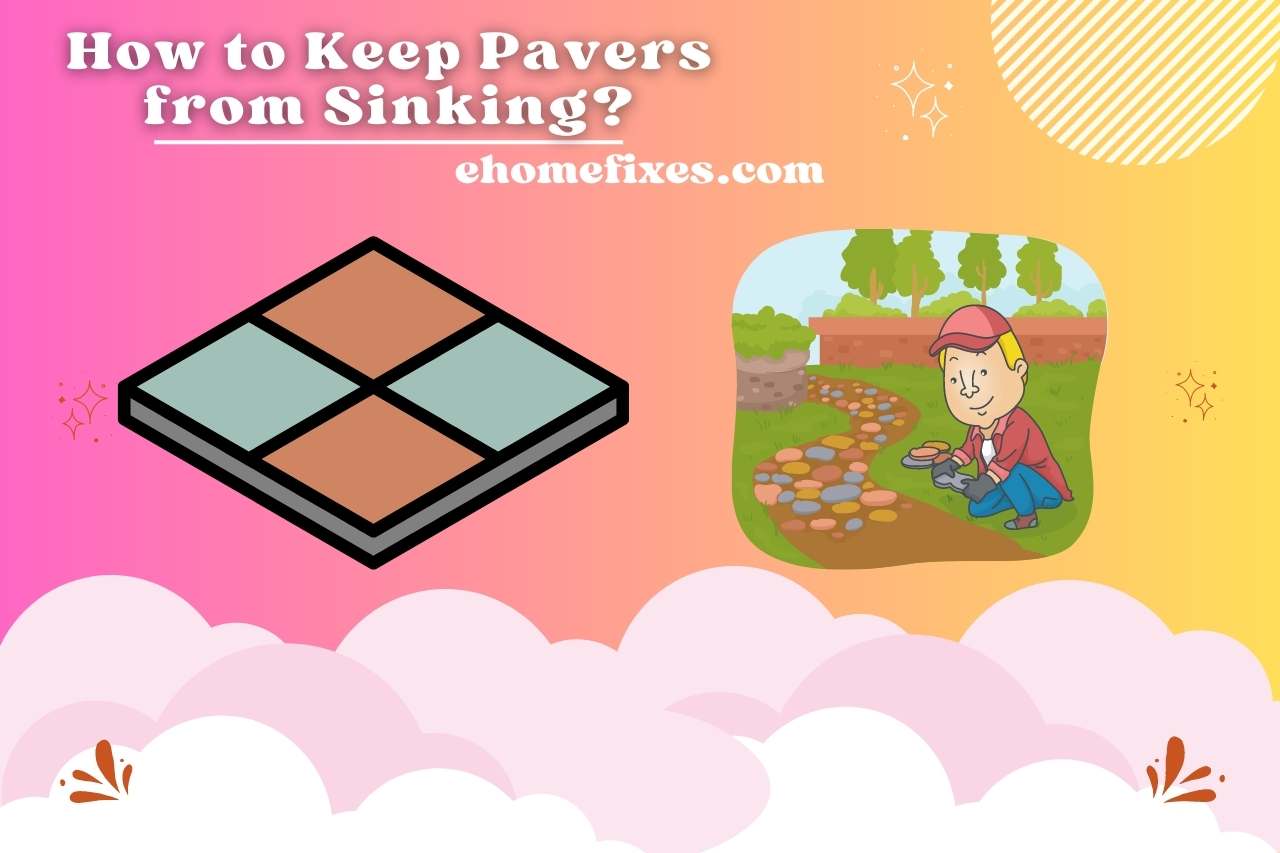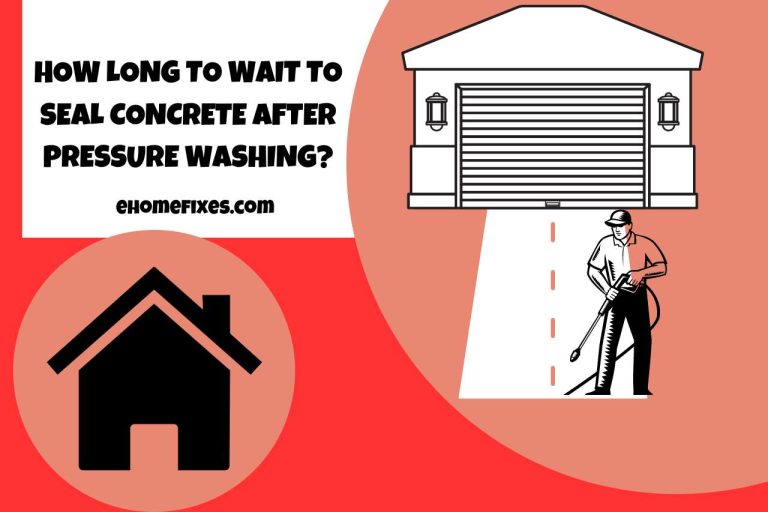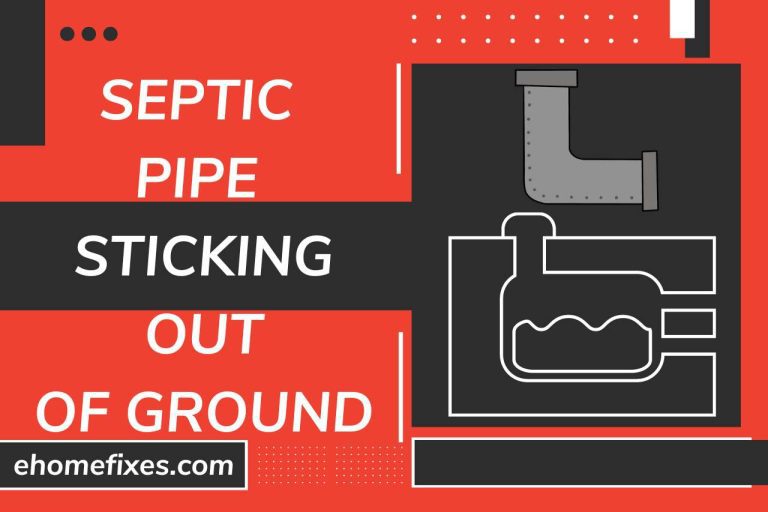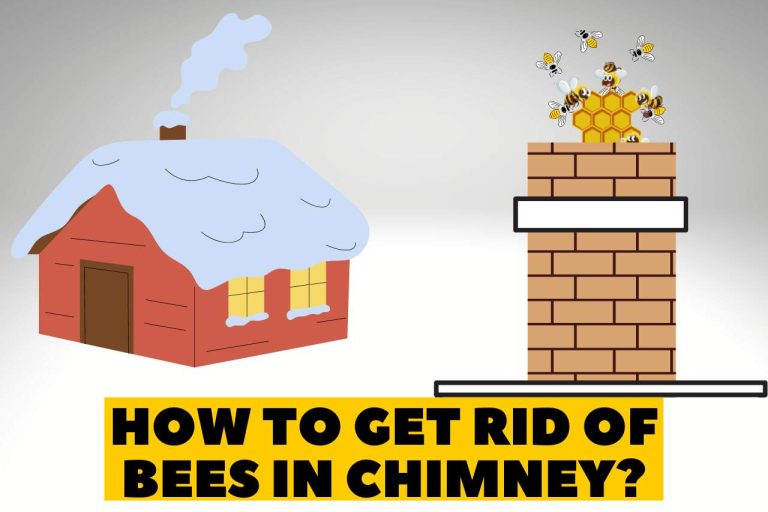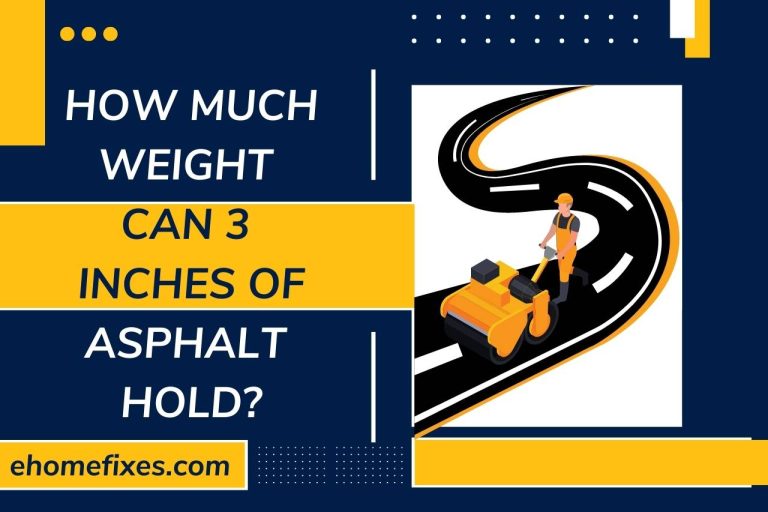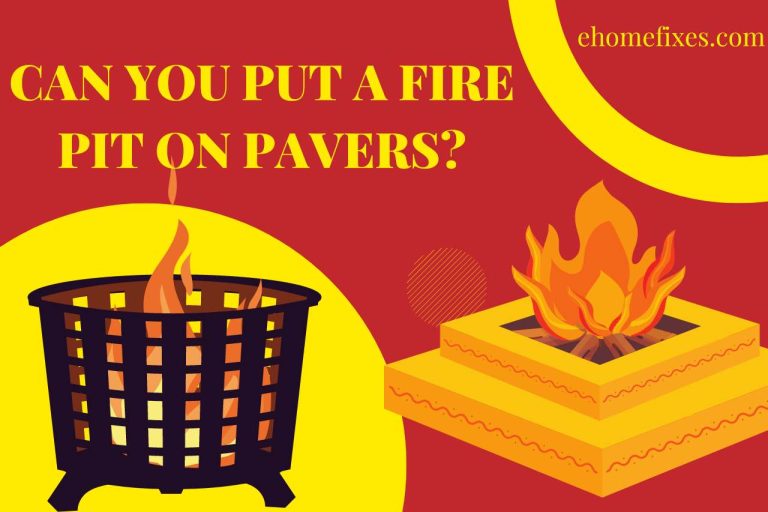How to Keep Pavers from Sinking? Essential Tips and Techniques!
Pavers used for outdoor flooring can enhance the beauty of a building to make it appear more appealing. However, laying pavers outdoors can have its drawbacks. One of the main concerns people have with using pavers for outdoor flooring is that it sinks after some time. So how do you keep pavers from sinking?
Many reasons can be attributed to this phenomenon, and it will be helpful to learn the answers to possible questions related to pavers. Keep reading to discover the answers to most of your questions about pavers.
Why do Pavers Sink?
Pavers sink due to many reasons. Installing pavers on uneven or unsteady ground is one reason that causes pavers to sink over time. Initially, the pavers may have been installed on an even or steady surface. Yet, when the ground is subjected to specific changes with time, there is a high possibility for the pavers to descend.
The only way to remedy this situation is to loosen the pavers and fill the base with soil. You may have to repeat this process once in two or three years.
It is recommended to avoid flooring pavers where heavy vehicles will be constantly moving. Though pavers are durable, the weight of heavy vehicles could lead to the sinking of the pavers.
Another cause for sinking pavers is constant exposure to water. It does not mean that rainwater can cause the sinking; however, if you lay the pavers in an area close to a water body like a pond or a drain, especially places where water gets collected, there is a high possibility of water seeping through to the base. Water that seeps this way could loosen the soil under the pavers causing them to sink.
Is It Normal for Pavers to Sink?
Yes, it is. However, pavers are suitable for outdoor flooring. Once you identify the causes, it is only a matter of fixing it instead of uninstalling the entire floor.
Therefore, you don’t have to worry if you have used pavers for your outdoor flooring; pavers are pretty normal to sink after a few years. The duration will depend on the type of material used and the precautionary steps you have taken to protect the pavers.
What are the Signs of Sinking Pavers?
You can quickly notice when the pavers begin to sink, and that’s good news. Because you can take precautions before anything dangerous happens.
If pavers look warped or displaced, it is an indication that your pavers are sinking.
Uneven edges are another sign indicating sinking pavers. Some building contractors do an excellent job by equipping or installing edge restraints to the edges of the pavers. Equipping the edges of pavers is a must if you want to prolong the life of the pavers.
You may notice that the pavers’ appearance or pattern changes, thus indicating sinking pavers. Usually, there are significant gaps that form between the pavers. These large gaps indicate that water has seeped through to the base, causing soil erosion.
How to Keep Pavers from Sinking?
Now comes the important question. There are many things you can do to prevent pavers from sinking.
The first thing you need to do is to investigate the cause of the sinking. The causes could differ between pavers; therefore, before fixing it, you need to know the exact or root cause.
After identifying the cause, apply the remedies. The lack of a proper drainage system near the pavers is one reason that leads to sunken pavers. Hence, ensure that there is a drain to carry away all the excess water from rain or any other water body instead of directing the water towards the pavers, as this could loosen the soil underneath the pavers.
Pavers can be removed and fixed anytime using the paver puller, screwdrivers, or putty knives. Excess bedding soil that has been displaced can lead to unstable pavers; therefore, remove the pavers and the existing bedding soil by replacing it with new soil. Don’t forget to add gravel (¾ – inch) before adding new soil.
It is better to choose interlock pavers that usually last longer than normal ones. However, you can use any paver edge restrainer like plastic edge restraints, perma-edge, concrete curb-designed pavers, or concrete bond beams to even the edges of pavers preventing the draining of water into the base of the pavers.
What Can I Put Under the Pavers So that they Don’t Sink?
You can place plenty of things under the pavers to ensure they don’t sink over time. A substantial layer of gravel or crushed stones will offer a rigid base for the pavers.
You need to remove the existing soil and replace it with a new layer of soil. The new layer has to be placed on top of the tampered gravel.
A layer of sand beneath the pavers is necessary if you want a solid foundation. They act as the main ingredient in keeping the pavers intact.
Avoid placing a thick layer of soil and instead use the recommended 1 inch because thick layers of soil results in consequences of their own, including a wavy base, misalignment, and an uneven finish.
Cementing can be another option; however, you must ensure it is solid and cracks-free.
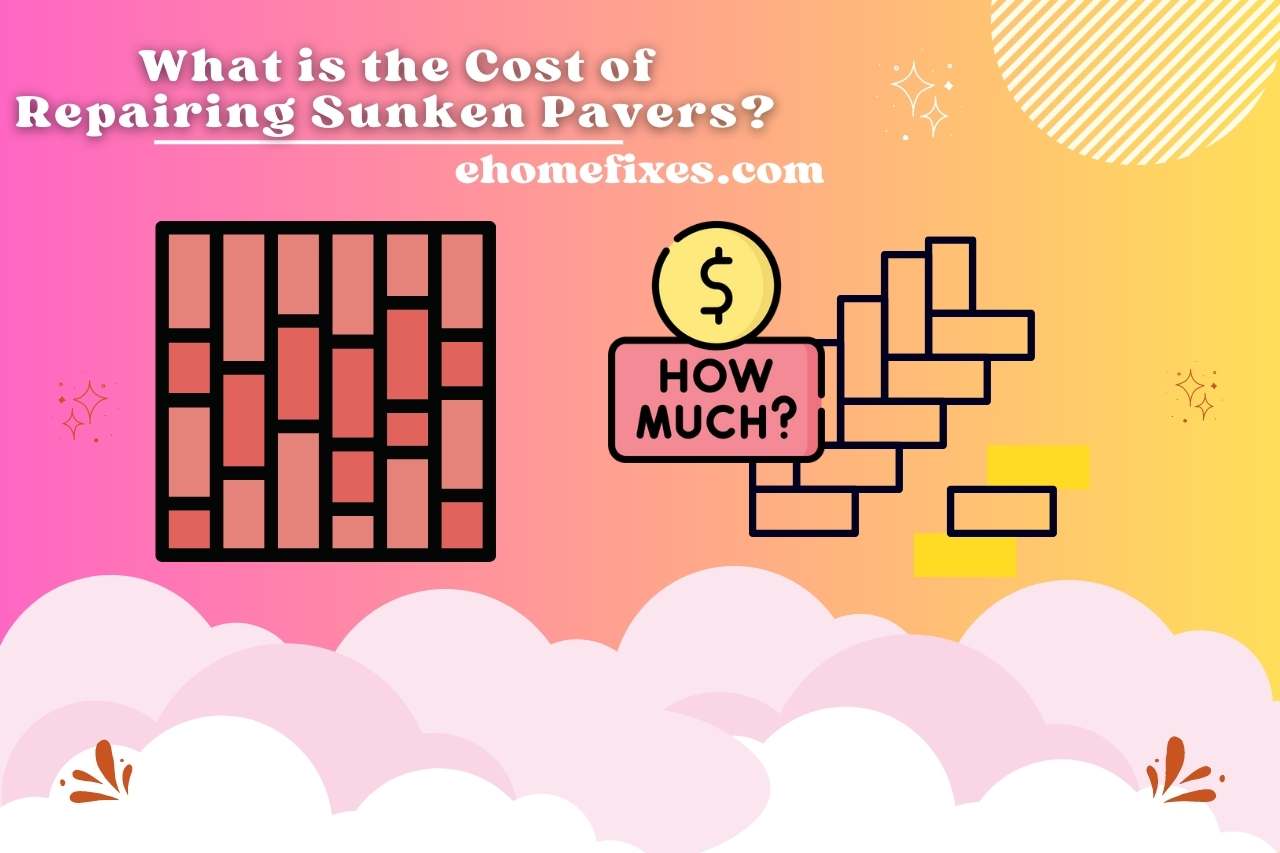
What is the Cost of Repairing Sunken Pavers?
You don’t have to disappoint yourself with the cost of repairing sunken pavers. The good news is that you can do the repairs independently and with the necessary tools.
The cost will differ according to the type of pavers. If you need to obtain the assistance of a contractor for a professional job, it could cost you around 50 to 75 pounds per square meter. This cost usually includes the removal of the sunken pavers and placing them back after laying a stronger foundation.
If you decide to do it yourself, you will only have to bear the cost of the raw materials required to level the base. However, it is more challenging than it sounds. There are many videos online that will help you learn the entire process.
How to Maintain Pavers to Avoid Sinking?
As mentioned before, pavers typically sink over time, and you may have to bear the consequences. However, once you learn what causes the pavers to sink, you only have to fix the issues.
Here are a few tips to follow that will help you maintain the pavers and prevent them from sinking
- Ensure no weeds grow between the joints of the paver because weeding can leave tiny gaps, thus allowing water to seep through
- Pour a pile of soil until it fills up the joints
- Avoid driving or parking heavy vehicles on the pavers
- Seal the gaps as much as possible
- Ensure no water drains or is directed toward the pavers
- Compacting is the best way to avoid sinking pavers
Watch this one,
Video Credits – Western Interlock
You May Also Like
- Can you Put a Fire Pit on Pavers? Discover the Truth!
- Cutting Border Pavers on a Curve: Tips and Techniques for DIYers
- How Many Pavers Do I Need for a Fire Pit? Paver Calculator!
- Can you Paint Concrete Pavers? (Quick & Easy)

